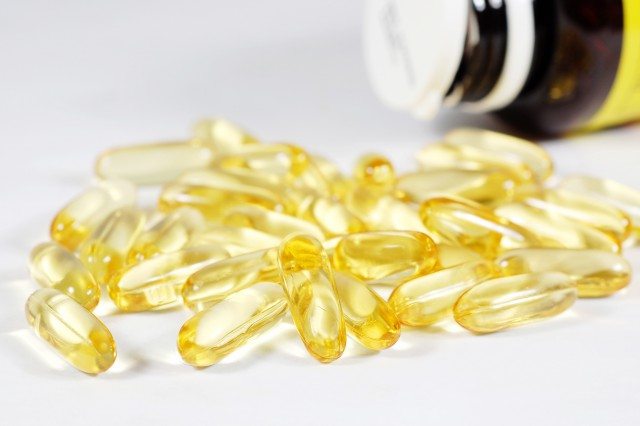A study published online shows that the omega-3 fatty acids eicosapentaenoic acid (EPA) and docosahexanoic acid (DHA) are as effective, if not more effective, in lowering blood pressure as some of the commonly recommended lifestyle changes like increasing physical activity and restricting alcohol and sodium intake.
The omega-3 fatty acids are commonly found in fatty fish and fish oil supplements.
The findings are released by the American Journal of Hypertension.
“Results from this study build on a wealth of prior data indicating that EPA and DHA intake reduced the risk of cardiovascular events,” said Adam Ismail, executive director of the Global Organization for EPA and DHA Omega-3s (GOED).
“It is now well-established that EPA and DHA reduce triglycerides and blood pressure and even highly critical meta-analyses have found that they reduce cardiac death risk by 9%.”
70 trials conducted
The study, a comprehensive meta-analysis, examined 70 randomized controlled trials, or RCTs, conducted with adults who were given EPA and DHA omega-3s from seafood, fortified foods, or dietary supplements.
The study included trials with subjects with normal blood pressure and those with hypertension but not taking blood pressure-lowering medications.
The most significant effects were observed in subjects with existing high blood pressure.
Among those with high blood pressure, the average decrease in systolic blood pressure (SBP) was 4.51 mm Hg and diastolic blood pressure (DBP) was reduced by an average 3.05 mm Hg.
Additional observations included:
• An average decline in SBP of 1.52 mm Hg and in DBP of 0.99 mm Hg among all subjects;
• A drop in SBP by an average 1.25 mm Hg and in DBP by 0.62 mm Hg in normotensive subjects; and
• An average decrease in SBP of 1.75 mm Hg and in DBP of 1.11 mm Hg among those subjects taking EPA and DHA supplements, like fish oils, regardless of blood pressure status.










